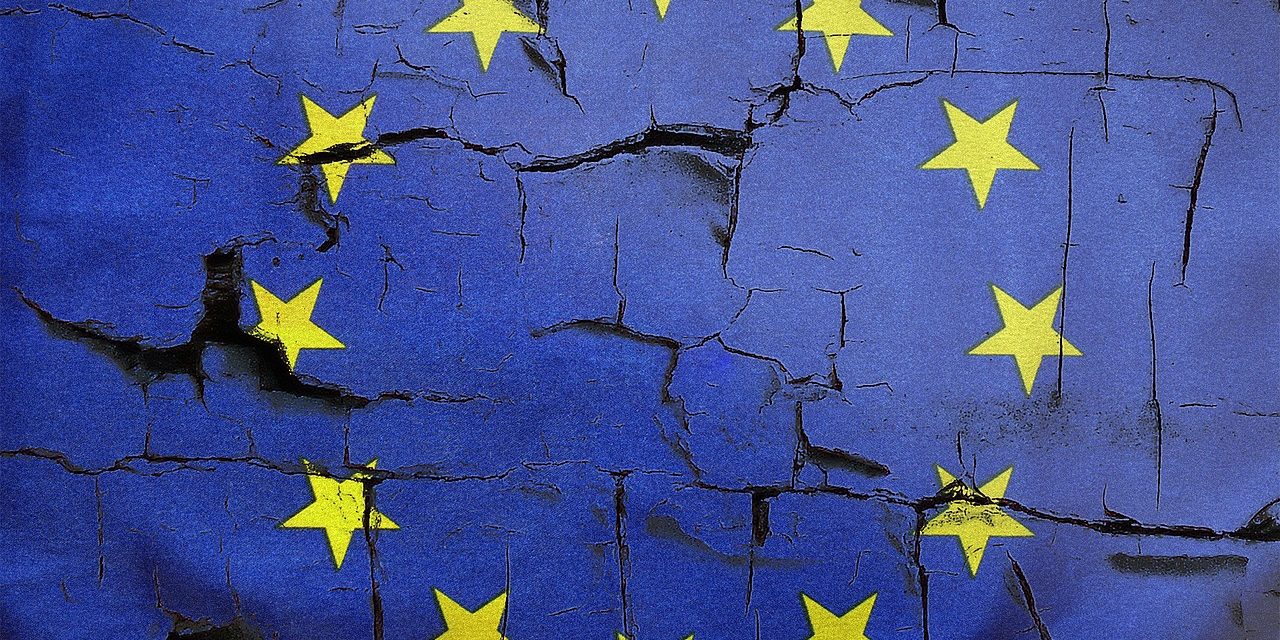L'Europa che non c'è. Narrazioni controfattuali e mondi possibili
DOI:
https://doi.org/10.13133/2532-1994/17640Parole chiave:
Ucronia, mimesis, mondi possibili, EuropaAbstract
Presentando fatti ipotetici dotati di una certa plausibilità, i romanzi controfattuali riconsiderano i grandi eventi storici responsabili di svolte epocali (Gallagher, Telling It Like It Wasn’t) e inducono a riflettere sulla costruzione dell’attuale assetto politico e culturale che ne è scaturito. In tal senso possono essere lette la Grande guerra raccontata da Guido Morselli in Contro-passato prossimo sulla linea di un convinto e provocante antideterminismo storico che assume il volto caricaturale di Giolitti, Lenin, Rathenau e porta a una comunità europea democratica (UNOD) in anticipo sulla CEE; l’alterazione dell’esito del secondo conflitto e della geografia politica mondiale nel romanzo ucronico di Philip K. Dick The Man in the High Castle, con Hitler vincitore della seconda guerra mondiale, una Germania nazista alleata della potenza nipponica e l’accento sulla violenza razzista e coloniale degli stati vincitori; l’ucronia sfiorata di un’Europa ignara dell’Olocausto e sottomessa a un durevole regime nazista nel romanzo di Robert Harris Fatherland.
Oltre a ripensare momenti topici della storia politica europea, i romanzi indicati restituiscono le linee di scorrimento di tradizioni culturali convergenti in una immagine del vecchio continente che appare sgranata dalla assunzione di una prospettiva non più eurocentrica. L’immaginazione controfattuale si rivela un efficace strumento per decostruire la stereotipata eredità culturale europea: la deviazione che porta alla storia alternativa interroga il secolare paradigma dell’imitazione insieme al binomio realtà-finzione su cui poggia (Kripke, Pavel, Bertoni), ridisegnando i confini interdisciplinari (come nel rapporto scorrevole tra storia e narrazione proposto da Hayden White in Metahistory). Per l’intenzione eminentemente critica propria della letteratura controfattuale la finzione esercita un attrito sulla realtà recuperando la propria plausibilità: l’Europa che non c’è se non nel racconto può essere un monito per l’Europa in divenire.
##submission.downloads##
Pubblicato
Come citare
Fascicolo
Sezione
Licenza
Copyright (c) 2022 Novecento transnazionale. Letterature, arti e culture
2
Questo articolo è soggetto a licenza Creative Commons Attribution 3.0 Unported License.

Except where otherwise noted, the content of this site is licensed under a Creative Commons Attribution 3.0 Unported License.


